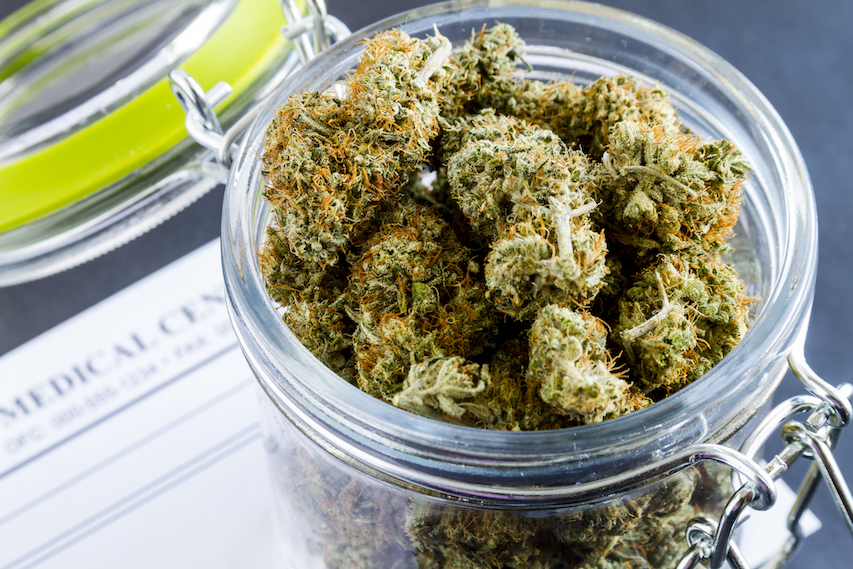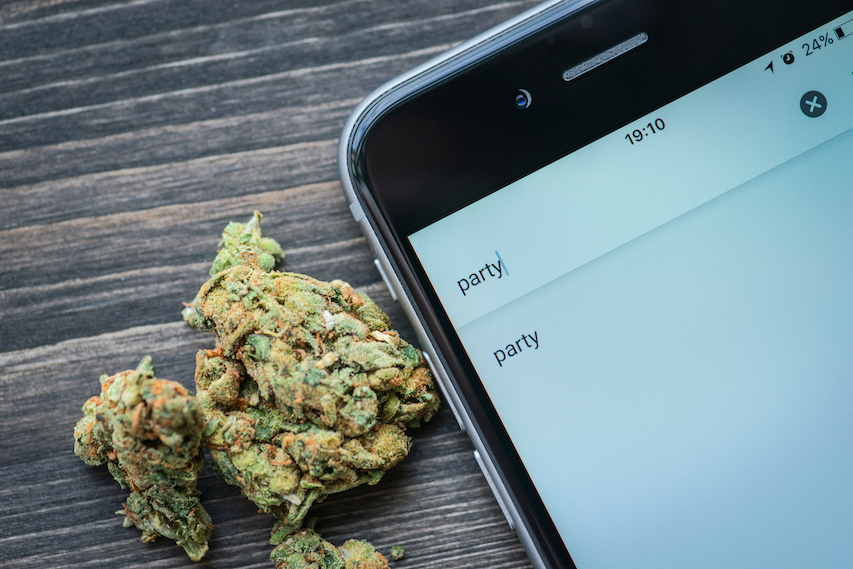The Ins and Outs of Renting out to Marijuana Smokers
By Mariia Kislitsyna Updated on February 17, 2022
Cannabis laws are changing at a rapid pace. The movement to legalize medical and recreational marijuana is gaining speed across the nation. Marijuana is prescribed for various medical conditions as well as widely used for recreational purposes. It is no longer a taboo or despised activity. In fact, cannabis transformed from a fringe movement to a full-fledged industry. With this in mind, landlords should review their leasing policies and account for this cultural shift.
Regulatory Framework
Currently, citizens over the age of 21 can consume recreational marijuana at home in Alaska, Oregon, Washington, Colorado, and the District of Columbia. Additionally, 20 states have recognized medical marijuana for patient treatment. Those states are Arizona, Connecticut, California, Delaware, Hawaii, Illinois, Maine, Maryland, Massachusetts, Michigan, Minnesota, Montana, Nevada, New Hampshire, New Jersey, New Mexico, New York, Pennsylvania, Rhode Island, Vermont, and Washington. It is worth noting that state marijuana laws can significantly differ, therefore the property manager should look into the local laws and practices. The list of cannabis-friendly cities is likely to expand in the recent future. During the last election cycle, eight states liberalized their cannabis legislation on the local referendums.
Most states that adopted liberal marijuana regulations prohibit smoking in public spaces. Smoking is reserved for private residences. However, the marijuana laws do not require landlords to allow the renter to smoke in the rental property. Quite the contrary, there are specific laws about smoking in apartments that will enable landlords to forbid it. Those laws include Colorado’s Amendment 64, California’s Proposition 64, and Alaska’s stature AS 17.38.120(d).
In states with recreational and medical marijuana laws, adults over 21 can grow a limited amount of plants in private residences. That does not you are allowed to grow in the rented house. A landlord can prohibit tenants to grow cannabis by including this rule as a clause in the lease agreement.

Landlord Policies
The most common concern is that smoking marijuana or cigarettes inside the residence can cause significant damage to the carpeting, walls, and generate unpleasant odors. Consequently, it is entirely reasonable that the landlord can prohibit smoking on the property. Because any smoke can potentially cause property damage, tenants can smoke in the rental only with the explicit permission of the landlord, unless they want to contribute to the new carpeting and paint. The legality of marijuana doesn’t mean that renters are permitted to smoke in the rental property. Nevertheless, the landlord should be explicit in defining the smoking policy. Think it through or it’s going to hurt you in the long-run.
Since most marijuana laws prohibit smoking in public, the most logical place to smoke is in a private residence. The tenants would vigorously oppose to any infringement of the right to quiet enjoyment. Marijuana legalization shifted the priorities of government agencies. In any potential dispute over cannabis use, the police are reluctant to get involved unless other laws are violated. Enforcement policies are significantly eased since possession was decriminalized. If your lease lacks the prohibition to smoke, you cannot cite usage as justification for eviction or legal action. In many jurisdictions, usage is allowed by default. Some laws allow consumption in the rental property unless stated otherwise. In those cases, the landlord still can impose restrictions by invoking Federal regulations of Class I narcotic and prohibit any illegal activity on the premises.
Factors to Consider
Despite possible repercussions about the state of your property and concerns over the reaction of neighbors, there are some excellent reasons to consider renting to pot smokers.
First of all, permitting marijuana use, similarly to allowing tobacco or pets, is significantly increasing the pool of potential renters.
States that legalized marijuana is developing strong pot-centered industries that serve the local population as well as attract tourists and transient population. Cannabis is the new engine of growth. It provides new jobs in various corresponding industries. Legal marijuana sales in the United States are now reaching 9 billion dollars. This is not a stand-alone industry; it is a pot-centered culture that keeps diversifying. Some platforms allow you to rent a marijuana-friendly apartment as well as services that let you find hotels and lodging where you can enjoy a joint.
Various illnesses including glaucoma and PTSD are officially treated with marijuana-based products. Those are dangerous medical conditions. Tenants with those conditions are protected under the Fair Housing Act since it prohibits discrimination based on disabilities. In such a way, your landlord policy is preventing them from receiving appropriate medications. This question can escalate all the way to the court. It is unclear how the court will rule since marijuana is still illegal under federal laws, but someone is soon going to set a precedent.
Prohibition
If you are dead set on prohibiting consumption, you should put this rule in writing. A landlord has a stronger negotiation position when having a strong legal underpinning. The provisions in the lease do not have to ban marijuana entirely. It could require tenants to smoke only in the designed location, like a balcony or the porch.
You can ban smoking altogether, both tobacco and marijuana. That is a reasonable request since smoking is associated with the fire hazard and potential damage to the property. In case you want to ban only marijuana smoking, you can insert a clause that prohibits any illegal activities under Federal Law. This approach dismisses any uncertainty about the legal status of pot in the rental. Can you evict the tenant for smoking pot then? Absolutely. Installing either of those clauses in your lease agreement supply you with sufficient legal grounds for initiating the eviction process. However, you shouldn’t terminate the lease abruptly. First, warn the tenant about the possible repercussions. Sent a warning letter to the tenant for smoking
Consider a Pot Addendum
Some landlords attach an addendum to the lease. This is typically a separate page that has renter initials and a signature. If the landlord chooses to ban marijuana use, the addendum states the reasons for the ban and the penalties for violating it. If you want to have a partial ban in place, then your addendum has to specify conditions for cannabis use. That could limit marijuana consumptions to vapes or edibles.

Consult Municipal and State Policies
With the global legalization campaign and the legal status of marijuana in many countries, the taboo is quickly disappearing. Even the most conservative demographics are coming to terms with the consumption. It is prescribed as medicine and widely used for recreational purposes. You may have negative attitudes toward pot, but if you are renting out in a cannabis-friendly state, there are not so many people who share this view. Several U.S. cities are notoriously pot-friendly. In the long run, strict drug policies in your rental can put a vast pool of potential renters and deplete your earnings. If you still decide to prohibit marijuana, do it in the accordance with state and local laws. To avoid any confusion with the Fair Housing Act, research all of the documented disabilities and cases when marijuana is prescribed and considered a valid treatment.
Mariia Kislitsyna
Mariia serves as editor-in-chief and writer for the Rentberry and Landlord Tips blogs. She covers topics such as landlord-tenant laws, tips and advice for renters, investment opportunities in various cities, and more. She holds a master’s degree in strategic management, and you can find her articles in such publications as Yahoo! Finance, Forbes, Benzinga, and RealEstateAgent.